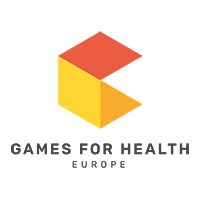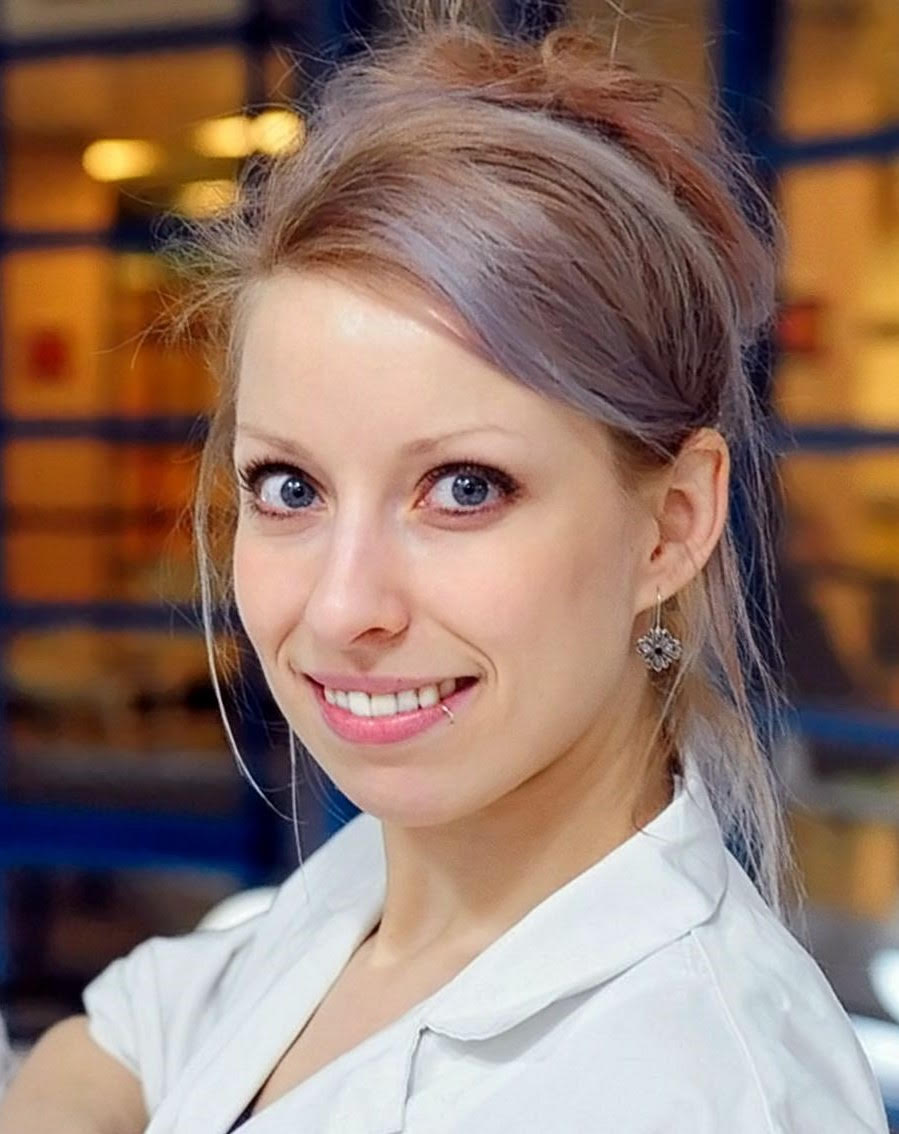Biography
Cosima Prahm has been doing her PhD in Clinical Neuroscience at the Medical University in Vienna, Austria, at the Christian Doppler Laboratory for Extremity Reconstruction. She now works as a Post-Doc at the BG Trauma Clinic in Tübingen, Germany. Her main research topics focus on improving prosthetic human-machine-interfaces by using machine learning algorithms and implanted sensors, virtual and augmented reality, serious games for rehabilitation and developing digital tools. In her project PlayBionic (www.playbionic.org) a series of scientific studies create insight about clinical and virtual rehabilitation processes, which were directly applied to develop novel tools for supporting clinical assessments and motor training, both for the human and the machine. She is co-presenter at the talk “Augmented Reality Games in Phantom Limb Pain Therapy”.
PRESENTATION 2019
Augmented Reality Games in Phantom Limb Pain Therapy
We present an innovative assistive therapy based on an augmented reality approach to help amputees of the upper extremity suffering from phantom limb pain (PLP). PLP is a restrictive condition during which patients perceive pain in their non-existent limb, which incapacitates them from performing daily activities and limits their social interaction. Up to 85% of upper limb amputees experience PLP after surgery. Although frequency and intensity of this pain decreases with time, about 10 % of patients still have severe pain. PLP occurs due to a cortical reorganization in the form of plastic changes in the primary somatosensory cortex.
Both pharmacological and non-pharmacological approaches have been used to treat PLP. Nonetheless, the outcome of current treatments is still insufficient and rarely result in a complete decline of the pain. Besides that, it is not possible to keep patients under continuous pain medication due to severe side effects. Therefore, designing a non-pharmacological treatment that effectively reduces PLP would represent a major change in the quality of life of the patients.
Conventional mirror therapy places a mirror between the patient’s healthy hand and the amputated side. The reflection of the healthy hand in the mirror creates the illusion of a healthy limb on the amputated side, which has proven to alleviate PLP. However, the patient is limited to only unilateral movement which moreover, takes place in a seated position. We use augmented reality to project a virtual arm on the patient’s stump in virtual space, thus directly building on the clinically established benefits of mirror therapy and harnessing the advantages of games and augmented reality.
PRESENTATION 2018
Play Bionic – Game design for neuromuscular prosthesis training
The interdisciplinary lecture discusses the use of games in neuromuscular prosthesis training. Often prosthesis users abandon their devices due to difficulties in prosthesis control and lack of motivation to train. To properly control a prosthesis, amputation patients must learn how to activate, isolate and sustain nerve signals to the muscles left at the stump. Results of clinical validations show that game-based training leads to an improvement in clinical parameters for prosthesis control and patient engagement. The presentation is held as a playful dialogue between a clinician and a game researcher and highlights tangible insights into game design and clinical application.

